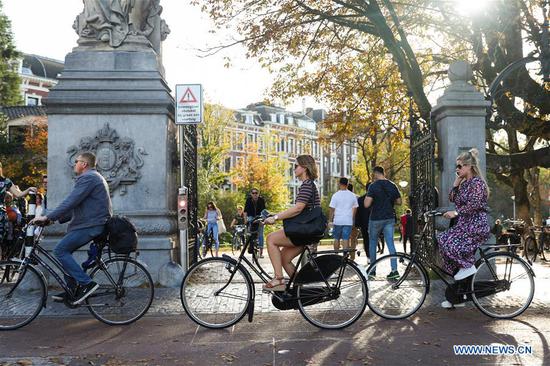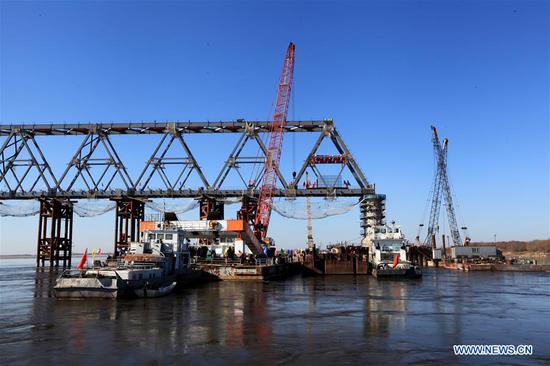The China Law Society said that legislation on social credit in China has been incorporated into legislative plans.
Data shows that the annual economic loss caused by a lack of integrity in honoring contracts is more than 600 billion yuan ($86.7 billion).
Recent incidents of passengers forcibly occupying other's seats on the high-speed rail have rattled the public's nerves. However, the railway authorities have no further punishment except to suspend the violator from riding trains over a certain period. Experts suggest that the low cost of being dishonest encourages bad behavior.
Legislation on a social credit system is now a part of the legislative plan of the National People's Congress. If it proceeds, China's basic laws and regulations on social credit are expected to be enacted and implemented within two to three years, cctv.com reported.
Data shows that more than 4 billion contracts are signed in China every year, but the probability of them being honored is only about 50 percent, which directly or indirectly causes an annual economic loss of more than 600 billion yuan.
As of September 30, the country has ruled on a total of 12.11 million cases of dishonest people this year, subject to enforcement. Some 2.54 million of them - accounting for 20 percent of the total list - had their credit ratings reduced. Those people then fulfilled their obligations to restore their credit.
The overdue payments on credit cards for the first half of the year totals 75.6 billion yuan. This has doubled compared with 35.7 billion yuan in 2014.
Experts point out that at present, the punishment of dishonest people is mainly based on departmental regulations and local regulations. Speeding up social credit legislation is urgently required.
Liao Yongan, the vice president of the Institute of Civil Procedure Law of the China Law Society, told cctv.com, "During the current stage of social transformation and economic upgrading, a developed credit system is the foundation. Only with this improvement can we reduce transaction costs and improve economic efficiency."




















































